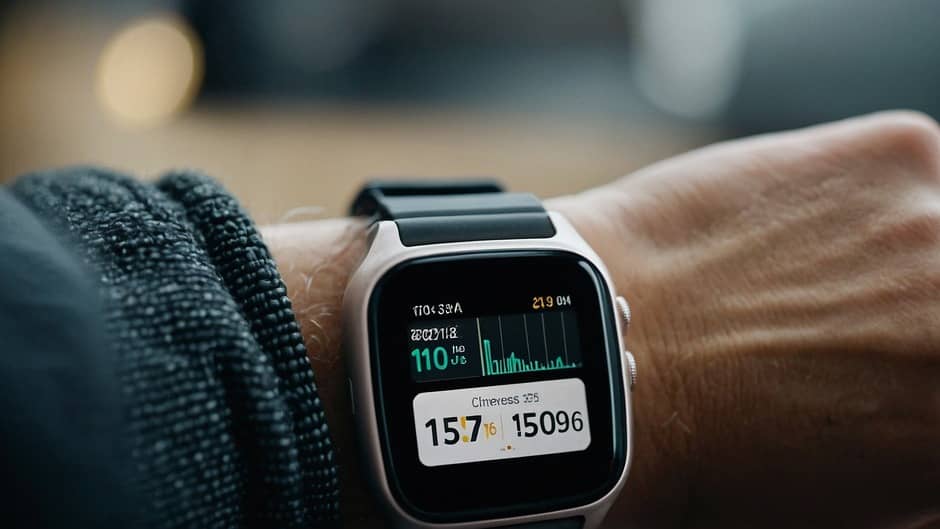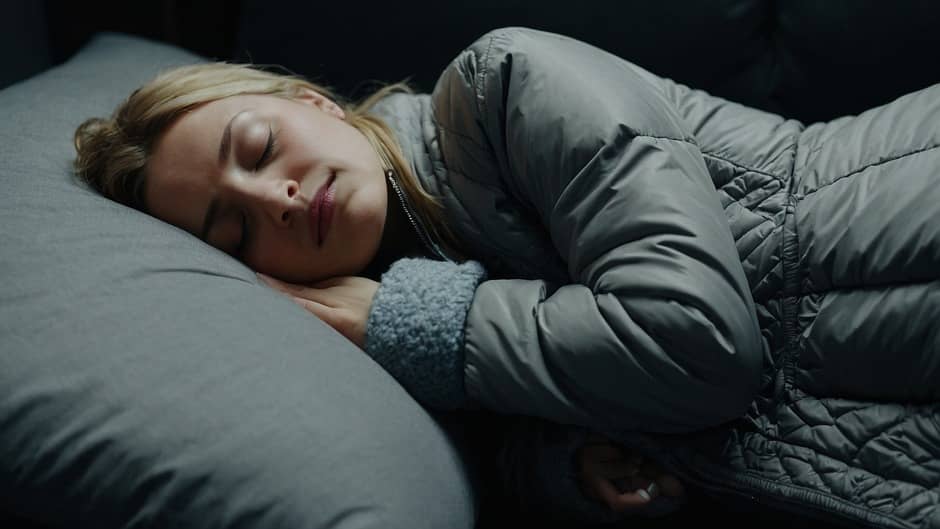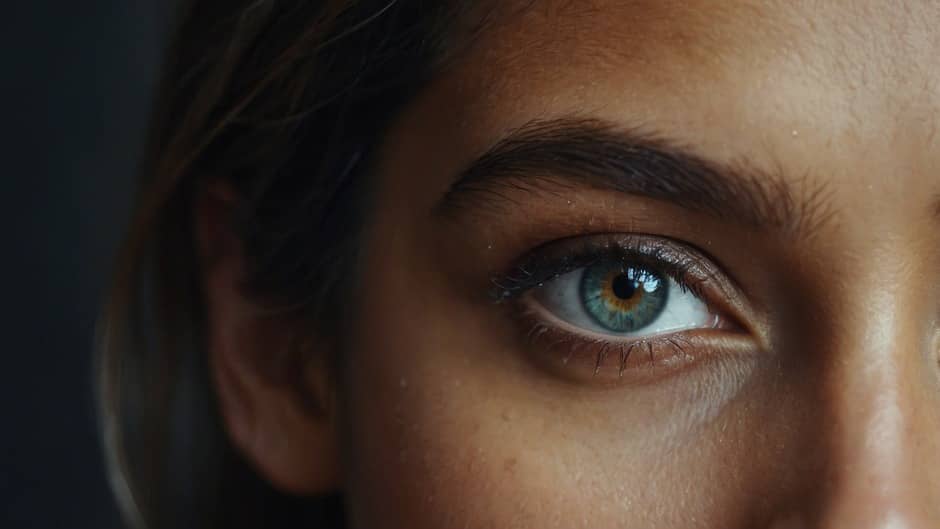Table of Contents
- Why Do I Get Tonsillitis Even Though I Brush My Teeth Every Day?
- How Many Times A Day Should You Brush Your Teeth?
- Is Brushing Your Teeth 3 Times A Day Bad?
- If You Brush Your Teeth Every Day, Will They Get Whiter?
- Do You Have To Brush Your Teeth Every Day With Braces?
- Truth About Brushing Your Teeth
Why Do I Get Tonsillitis Even Though I Brush My Teeth Every Day?
Hello there! We should talk about something that could seem a little confusing: having tonsillitis even if you take excellent care of your teeth on a regular basis.
The condition known as tonsillitis is the enlargement and aggravation of your tonsils, those small but easily missed elements at the back of your throat.
It could be really uncomfortable, and you might find yourself wondering why, in the unlikely event that you’re maintaining your dental hygiene, it’s working out.
So let’s talk about it together! Let’s see how to improve teeth health naturally?
1. What Causes Tonsillitis?
To begin with, contaminations—most commonly infections or microbes—can cause tonsillitis.
Even with consistent tooth brushing, you can still get these illnesses from other sources.
Cold and flu viruses can cause tonsillitis. Other bacterial infections including strep throat may also be the cause. These microorganisms can spread through the air or by contact with infected surfaces.
2. How Does Tonsillitis Spread?
Think of tonsillitis as an invitation-only party where bacteria are the only guests.
Even with meticulous tooth cleaning, touching your face after handling a doorknob or shaking hands with an unwell person might allow bacteria to enter your throat and cause issues.
3. Why Brushing Isn’t Always Enough
Brushing is essential for keeping your mouth healthy and preventing tooth decay.
Nevertheless, it might not totally shield you from tonsillitis because it doesn’t deal with the bacteria that enter your body through your throat or nose. Infections that have already extended beyond your mouth to other areas of your body are often the cause of tonsillitis.
Also Read – What Benefits Do Dark Chocolate Have? – Can I Eat Dark Chocolate On Keto? (2024)
4. Other Factors to Consider
There are other possible causes of tonsillitis.
For example, if you have allergies or are around irritants like smoke, your tonsils may be more prone to infections.
In addition, if your immune system is weakened in any way—from stress to sleep deprivation to other health problems—your body may not be able to fight infections as successfully.
5. What Can You Do?
So what steps can you take to reduce your tonsillitis risk?
In addition to brushing your teeth regularly, it’s a good idea to wash your hands frequently, avoid close contact with sick people, and make an effort to maintain a strong immune system by eating well, getting enough sleep, and managing stress.
If you frequently get tonsillitis or it’s really bothering you, it might be worth seeing a medical professional to see if there’s something specific that needs to be addressed or, alternatively, to see if there are other steps you can take.
6. When to See a Doctor
If your tonsillitis is severe, does not go away, or lasts for a long time, see a doctor.
If you have a specific reason for seeking treatment for tonsillitis, they can determine it and recommend appropriate medications or preventive actions.
Thus, maintaining your dental health and maintaining your teeth is just one aspect of maintaining a healthy body, even though it’s an amazing habit. Numerous factors might cause tonsillitis, and occasionally there is a connection between it and overall health and hygiene.
I hope this makes sense and explains why tonsillitis could still be a problem even with your strict brushing regimen!

How Many Times A Day Should You Brush Your Teeth?
Alright, so let’s get down to business.
How often should you really brush your teeth?
It’s normally advised to brush your teeth twice a day, once in the morning and once before bed.
Brushing in the morning aids in removing germs and plaque that have developed throughout the night, while brushing before bed removes food particles and plaque that have accumulated throughout the day.
It’s like brushing your teeth for the first time in the morning then thoroughly before bed.
Is Brushing Your Teeth 3 Times A Day Bad?
Right now, you might think about the probability that you brush your teeth three times a day.
Is that going too far?
The quick answer is no; it’s safe to do as long as you handle it carefully.
You should be grateful for your ability to brush three times a day, especially if you consume a lot of sweet or acidic foods.
Nevertheless, here’s the tip: you need to be cautious. The protective veneer on your teeth can be worn down by very vigorous or frequent brushing. Use a gentle toothbrush with shivers and gentle brushing techniques to avoid this.
It’s similar to being cautious when cleaning a delicate surface.
Also Read – Is Lactose Free Yogurt Better For You? – Can Lactose Intolerance Make You Constipated? (2024)
If You Brush Your Teeth Every Day, Will They Get Whiter?
Is it correct, “Assuming I clean my teeth consistently, will they get more white?”
Regular brushing does help keep your teeth looking bright and eliminate surface stains, but it is not a miracle cure for teeth whitening.
To observe a discernible difference in the whiteness of your teeth, you might need to use whitening toothpaste or consider getting expert treatments. Think about brushing throughout the most important part of your daily routine for lighting up.
Similar to the base coat of paint, it aids but may be necessary to apply more layers to achieve the desired finish.
Do You Have To Brush Your Teeth Every Day With Braces?
Have you got support?
It becomes considerably more important to brush your teeth at that stage.
Food can become stuck in those tiny crevices and wires, which makes plaque easier to form and more difficult to remove. It is a smart idea to brush after every meal when you have assistance to maintain optimal conditions.
It’s similar to keeping your kitchen spotless by cleaning it after every meal. Because floss can reach areas that a toothbrush might miss, be sure to floss the area surrounding the braces as well.
Truth About Brushing Your Teeth
What does brushing your teeth actually mean, then?
Brushing is really necessary to maintain excellent dental health. It prevents bad breath, gum disease, and pits.
Using the proper equipment and skills is just as crucial as brushing; this is just one aspect of the process.
Your best friends in this situation are fluoride toothpaste and a toothbrush with soft bristles.
Remember that routine dental cleanings and examinations are equally vital. You need to perform general dental care to maintain a healthy and bright smile. Brushing alone won’t do this.
Read us on Medium.




